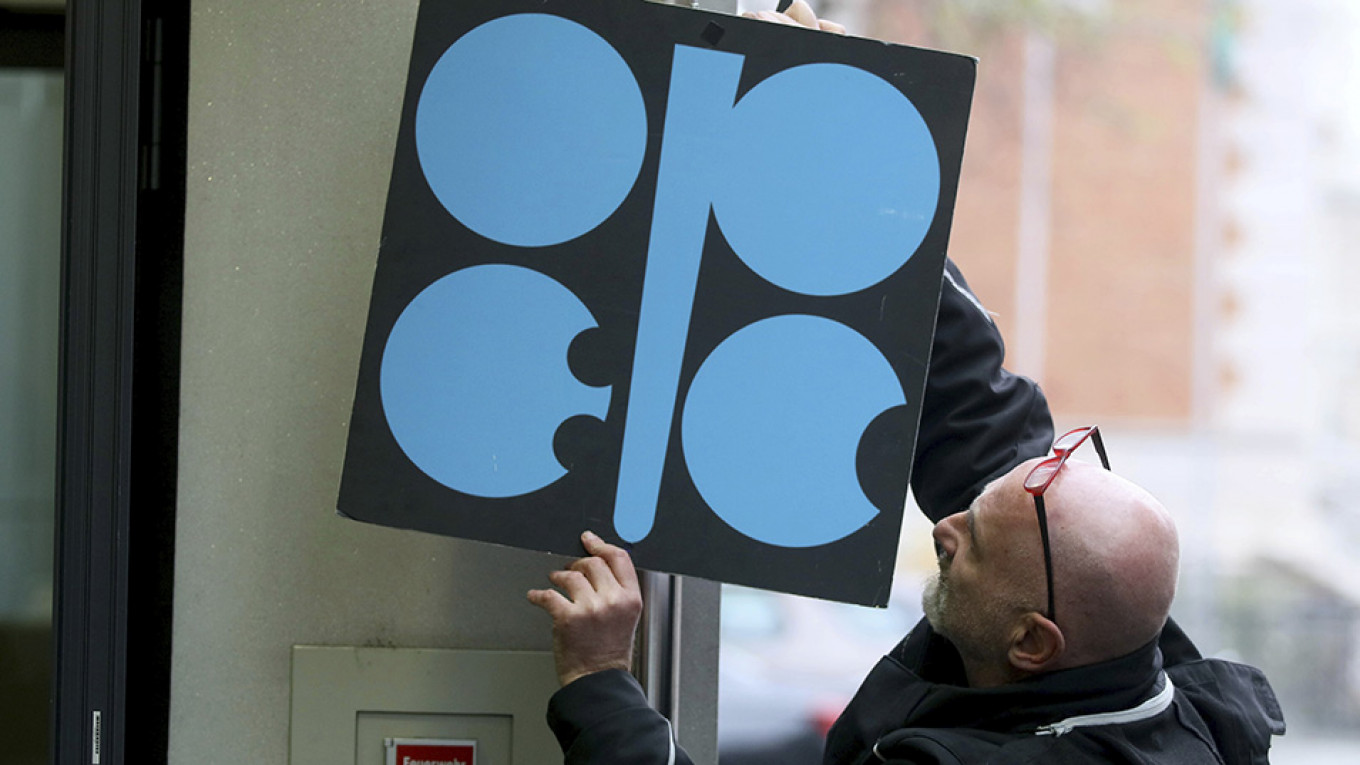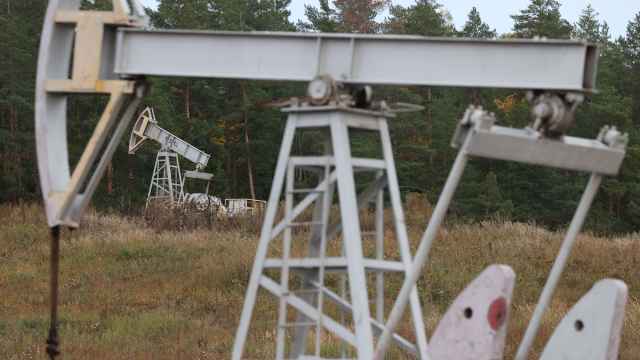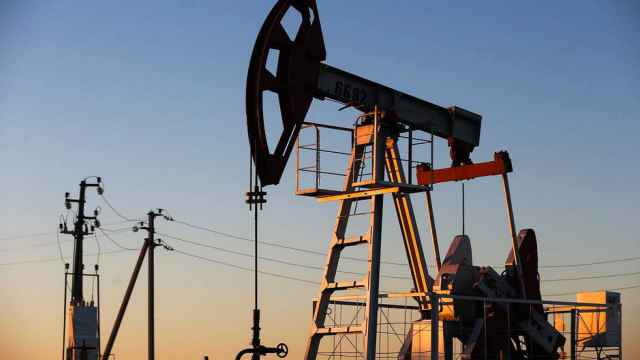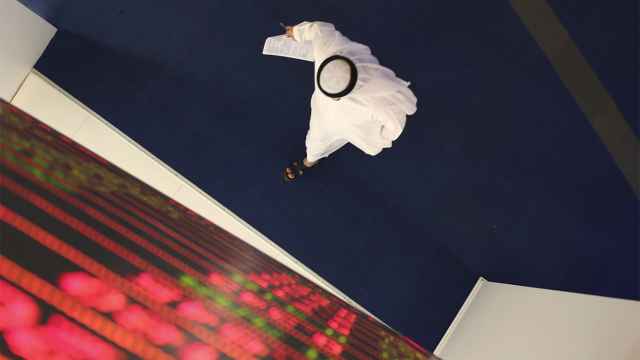Energy ministers from two dozen of the world’s most important oil producing countries will descend on Vienna next week for a crucial OPEC+ meeting. Top of the agenda will be negotiations over whether to extend or deepen the oil cartel’s current level of production cuts, which are due to expire in March 2020.
What is OPEC+?
OPEC+ is a group of 24 oil-producing nations, made up of the 14 members of the Organization of Petroleum Exporting Countries (OPEC), and 10 other non-OPEC members, including Russia.
The OPEC bloc is nominally led by Saudi Arabia, the group’s largest oil producer, while Russia is the biggest player among the non-OPEC countries.
The format was born in 2017 with a deal to coordinate oil production among the countries in a bid to stabilize prices. Since then, the group has reached deals for members to voluntarily cut and ramp-up production in response to changes in global oil prices.
OPEC accounts for around one-third of the world’s oil supply, with the non-OPEC members bringing the total share of global oil covered by the deal to just under half. The world’s largest energy producer, the U.S., is not part of the deal, nor is China or other leading Western producers such as the U.K., Canada and Norway.
What oil production cuts have OPEC and Russia agreed?
In the latest deal, the OPEC+ group committed to cutting oil production by 1.2 million barrels a day (bpd) — around 3% of members’ output — from a benchmark level set in October 2018. After an extension, that deal is scheduled to expire at the end of March 2020.
The two top producers — Saudi Arabia and Russia — agreed to bear the brunt of the cuts.
However, the two countries have diverged when it comes to meeting their quotas. Saudi Arabia, the deal’s main cheerleader, has cut production by more than 850,000 bpd alone — covering more than two-thirds of the 24-country target single-handedly. Even before the hit to supply following the attack on its largest oil facility in September, Riyadh had been an enthusiastic participant in the deal.
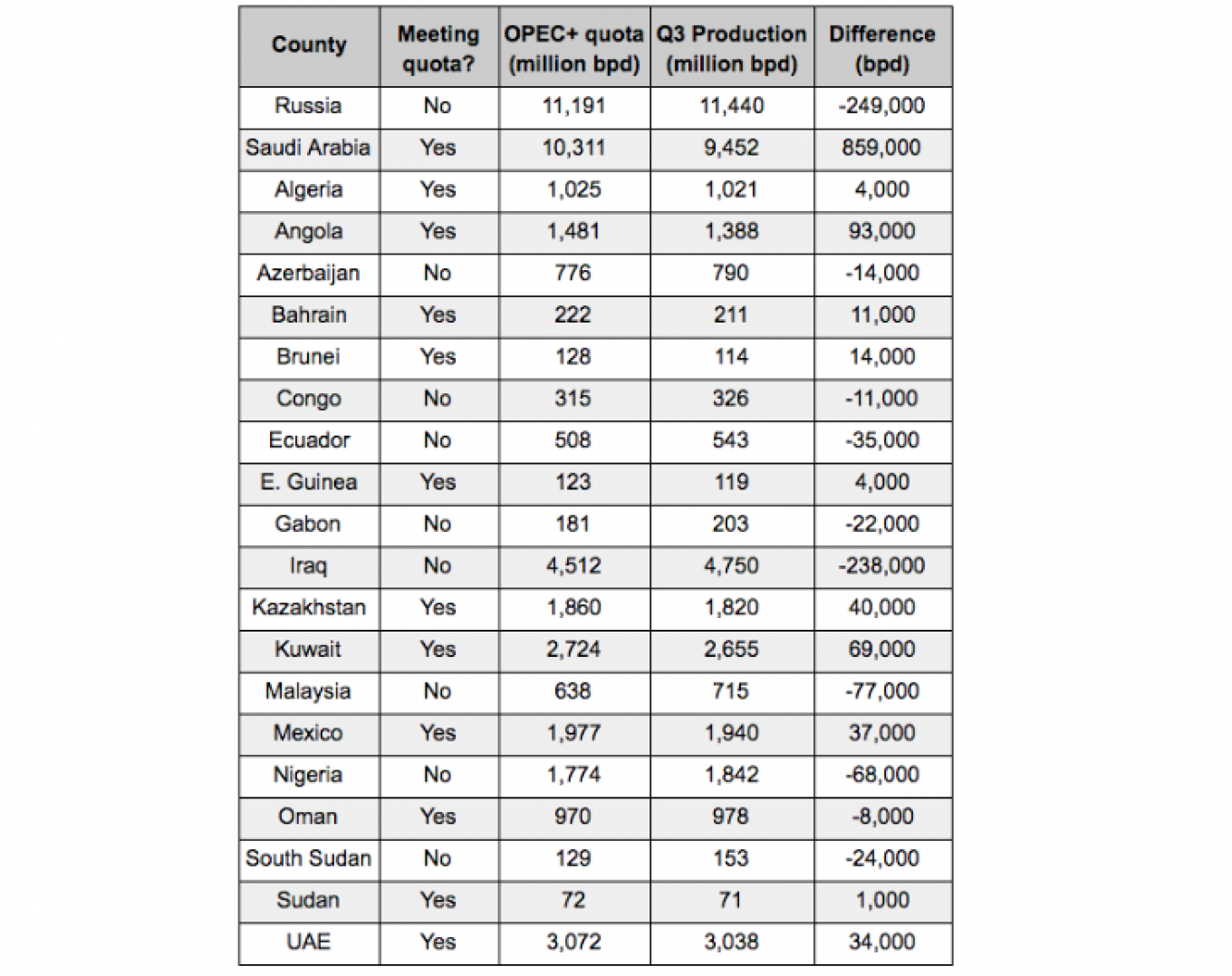
Russia, meanwhile, has been overproducing by 250,000 bpd in the third quarter. In fact, Russia has only met its OPEC+ monthly quota on three occasions this year, when its oil exports were hit due to contamination of the “Druzhba” pipeline.
Will OPEC+ extend its production cuts?
Discussions in Vienna are likely to be a debate between extending the current production cut beyond its March 2020 end date, or agreeing to introduce deeper cuts, potentially taking the target from 1.2 million bpd to 1.6 million bpd.
One of the biggest OPEC cheaters, Iraq, has this week appeared to swing in favor of deepening the cuts. Its oil minister told reporters that after months of over supplying, Iraq was currently meeting its quota and said the group would consider stepping up its production cuts.
His comments put OPEC’s two largest producers — Iraq and Saudi Arabia — closer together. However, Saudi Arabia still hasn't responded in public to Iraq’s advances, and the near-consensus has come late in the day, with analysts previously convinced the group would agree only to an extension of the current agreement.
Speaking last week, Helima Croft, head of commodities at RBC told U.S. outlet CNBC: “It looks like it’s set up for them to roll this agreement over, maybe kick it up until June 2020.” She added the meeting would be a chance for Saudi Arabia to “put its foot on the neck of the errant producers and say: ‘get your act together.’”
What does Russia want from OPEC+?
The main opposition to deeper cuts comes from Russia — the non-OPEC member which has routinely surpassed its production quota.
Russian energy minister Alexander Novak said it is still too early to even consider extending the current quotas beyond the March 2020 end date, let alone consider a deeper round of cuts. He favored kicking both discussions back into the first few months of the new year, taking the decision over whether to extend down to the wire.
While he is likely to be outgunned at the negotiating table, Novak has been given cover to play hard ball in Vienna by Russia’s oil industry, with producers taking a tough stance on the idea of an extension.
“We remain in the deal with the same quotas. We will meet at the end of the first quarter to discuss. Those are our proposals,” Ravil Maganov of Russian oil giant Lukoil told reporters after a meeting of industry representatives and the Energy Ministry in Moscow.
Novak will also have the words of President Vladimir Putin ringing in his ears. Putin said recently domestic issues may be driving Riyadh’s “tough stance” in pushing for deeper cuts. “It is linked to the Saudi Aramco IPO,” Putin said. “Everybody understands this. It’s an open secret.”
In opposing Saudi wishes, sources said Russia will argue that it is dangerous to ramp down production during winter, as production sites could be damaged due to extreme temperatures in the Siberian oil fields which account for two-thirds of Russia’s production.
Apart from standing up to demands from OPEC insiders, Russia also wants to push through a change of its own: fiddling with OPEC’s accounting rules for how gas contributes to the oil quotas — a move which could enable Russia to actually increase its oil production under the terms of the current agreement.
That is far from a done deal, however, with Iraq saying Russia will need to press its case in Vienna. Moreover, Russia’s refusal to abide by the cuts that have already been agreed could mean little goodwill.
“While the oil producing cartel is likely to extend production cuts,” said OADNA analyst Edward Moya. “The lack of Russian compliance will likely be a key focal point.”
What is the Future of OPEC+?
Beyond debates over a potential extension to the production cuts, OPEC politics are always fragile, and the markets will be paying a close eye to how robust the OPEC+ deal is and, in particular, the Russia-Saudi rapport.
“The Russian intentions will be a critical aspect of [OPEC+] for the future, especially with them wanting some wiggle room on [gas] condensate and to potentially produce more,” John Kilduff of Again Capital told CNBC news. “They’ll be in the deal in name only.”
Despite Russia’s reluctance to cut production so far, analysts highlight that Russia will stay committed to the OPEC+ format for wider geopolitical and commercial reasons.
“The financial benefits and the soft power strategic gains far outweigh the cost of shutting down several hundred thousand barrels,” said RBC’s Croft. “Russia has gained enormously in terms of new deals that have been signed with Saudi Arabia and the United Arab Emirates.”
Those new deals include lucrative defense contracts, as Russia has stepped-up its role as chief diplomat and problem-solver in the Middle East following the U.S. withdrawal from Syria, while being able to maintain cordial relations with all the major powers in the region.
A Message from The Moscow Times:
Dear readers,
We are facing unprecedented challenges. Russia's Prosecutor General's Office has designated The Moscow Times as an "undesirable" organization, criminalizing our work and putting our staff at risk of prosecution. This follows our earlier unjust labeling as a "foreign agent."
These actions are direct attempts to silence independent journalism in Russia. The authorities claim our work "discredits the decisions of the Russian leadership." We see things differently: we strive to provide accurate, unbiased reporting on Russia.
We, the journalists of The Moscow Times, refuse to be silenced. But to continue our work, we need your help.
Your support, no matter how small, makes a world of difference. If you can, please support us monthly starting from just $2. It's quick to set up, and every contribution makes a significant impact.
By supporting The Moscow Times, you're defending open, independent journalism in the face of repression. Thank you for standing with us.
Remind me later.



